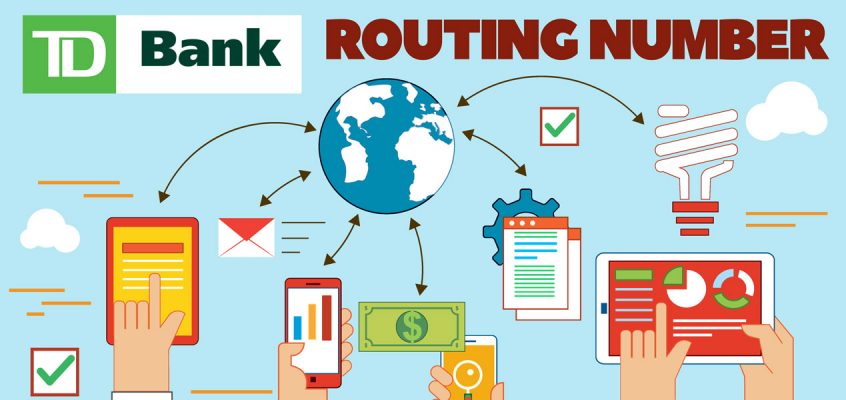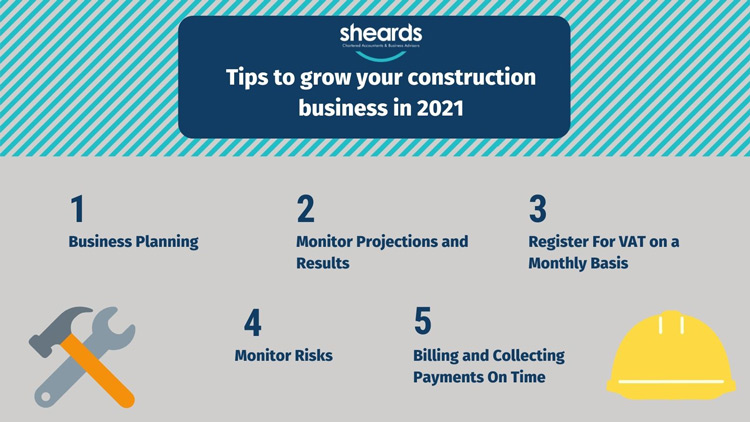Introduction
So, you’ve got a small construction business and you’re dreaming big. The construction industry is booming, but that also means the competition is fierce. Growing your small construction business isn’t just about working harder; it’s about working smarter. Strategic growth is essential whether you’re a seasoned contractor or just starting. Let’s dive into some actionable steps to help your small construction business thrive.
Understanding Your Market
Analyzing Market Trends
First things first, you need to understand the market you’re playing in. Are more people renovating their homes, or is there a surge in new constructions? Keeping an eye on market trends helps you anticipate demand and adjust your services accordingly.
Identifying Your Target Audience
Who are your ideal customers? Are they homeowners, commercial property managers, or real estate developers? Knowing your target audience allows you to tailor your services and marketing efforts to meet their specific needs.
Conducting a Competitive Analysis
Check out your competition. What are they doing right? Where are they falling short? Learning from your competitors can provide valuable insights and help you identify opportunities to stand out.
Building a Strong Brand
Developing a Unique Value Proposition
What makes your business special? Maybe it’s your unparalleled customer service, eco-friendly practices, or expertise in a niche market. Your unique value proposition should clearly communicate why clients should choose you over others.
Creating a Professional Image
Your brand is more than just a logo; it’s the entire perception of your small construction business. Ensure your branding is consistent across all platforms, from your business cards to your online presence.
Crafting a Memorable Business Name and Logo
A catchy, relevant business name and a professional logo can make a lasting impression. These elements should reflect the quality and reliability of your services.
Enhancing Your Online Presence
Importance of a Professional Website
In today’s digital age, a professional website is non-negotiable. Your website is often the first interaction potential clients have with your business. Make sure it’s user-friendly, informative, and visually appealing.
Leveraging SEO for Better Visibility
Search Engine Optimization (SEO) is crucial for getting your website noticed. Use relevant keywords, create valuable content, and optimize your site’s performance to rank higher on search engine results.
Utilizing Social Media Platforms
Social media is a powerful tool for reaching a broader audience. Share your projects, engage with followers, and run targeted ads to attract potential clients.
Networking and Building Relationships
Attending Industry Events
Networking is key in the construction industry. Attend industry events, trade shows, and local meetups to connect with potential clients, suppliers, and other professionals.
small construction business:
Being part of local business associations can enhance your credibility and provide networking opportunities. These groups often have resources and events that can benefit your business.
Collaborating with Other Businesses
Partnering with complementary small construction business, such as architects or interior designers, can open up new opportunities and referrals.
Delivering Quality Service
Importance of Customer Satisfaction
Happy customers are your best marketers. Focus on delivering exceptional service to ensure customer satisfaction and positive word-of-mouth referrals.
Implementing Quality Control Measures
Set high standards for your work and regularly inspect projects to maintain quality. This helps in building a reputation for reliability and excellence.
Gathering and Utilizing Customer Feedback
Listen to your clients. Gather feedback and use it to improve your services. This shows clients that you value their input and are committed to continuous improvement.
Effective Marketing Strategies
Traditional Marketing Methods
Don’t underestimate traditional marketing. Flyers, business cards, and local advertisements can still be effective in reaching your target audience.
Digital Marketing Strategies
Digital marketing offers a broader reach and more precise targeting. Invest in online ads, email marketing, and content marketing to attract and engage potential clients.
Importance of a Marketing Plan
A well-thought-out marketing plan is essential. It should outline your goals, strategies, and budget, helping you stay focused and measure success.
Expanding Your Services
Identifying New Service Opportunities
Look for gaps in the market or additional services your clients may need. Offering a broader range of services can attract more clients and increase revenue.
Training and Certifying Your Team
Ensure your team is trained and certified in the new services you plan to offer. This enhances credibility and ensures quality.
Investing in New Equipment and Technology
Stay ahead of the curve by investing in the latest equipment and technology. This can improve efficiency, safety, and the quality of your work.
Managing Finances Efficiently
Budgeting and Financial Planning
Effective budgeting and financial planning are crucial for sustaining and growing your business. Track your income and expenses meticulously.
Managing Cash Flow
Cash flow management ensures you have enough working capital to meet your business needs. Keep an eye on your cash flow to avoid financial pitfalls.
Securing Funding and Loans
Sometimes, you need extra funds to expand. Explore options like business loans, grants, or investors to secure the necessary capital.
Hiring and Retaining Skilled Workers
Recruiting Top Talent
Your team is your greatest asset. Recruit skilled workers who align with your company’s values and goals.
Offering Competitive Wages and Benefits
Attract and retain top talent by offering competitive wages and benefits. A happy, well-compensated team is more productive and loyal.
Creating a Positive Work Environment
Foster a positive work environment where employees feel valued and motivated. This can improve job satisfaction and reduce turnover.
Improving Operational Efficiency
Streamlining Processes
Identify and eliminate inefficiencies in your operations. Streamlined processes save time and money, boosting overall productivity.
Utilizing Construction Management Software
Leverage construction management software to keep projects on track. These tools can help with scheduling, budgeting, and communication.
Implementing Best Practices
Adopt industry best practices to enhance efficiency and quality. Regularly review and update your processes to stay competitive.
Health and Safety Compliance

Importance of Health and Safety Regulations
Compliance with health and safety regulations is non-negotiable. It protects your workers and your small construction business from legal issues.
Training Your Staff
Provide regular training to ensure your staff is aware of and adheres to safety protocols. This reduces the risk of accidents and improves site safety.
Regularly Reviewing Safety Protocols
Regularly review and update your safety protocols to address new risks and maintain a safe working environment.
Customer Relationship Management
Building Strong Client Relationships
Strong client relationships lead to small construction business. Communicate regularly and be responsive to their needs.
Using CRM Software
Customer Relationship Management (CRM) software helps manage client interactions, track leads, and streamline communication.
Offering Loyalty Programs
Consider implementing loyalty programs to reward repeat clients. This can encourage long-term relationships and client loyalty.
Measuring and Analyzing Performance
Setting Key Performance Indicators (KPIs)
Set clear KPIs to measure your business’s performance. These could include metrics like project completion times, customer satisfaction, and profit margins.
Regular Performance Reviews
Conduct regular performance reviews to assess progress towards your goals. This helps identify areas for improvement and celebrate successes.
Making Data-Driven Decisions
Use data to inform your decisions. Analyze performance data to identify trends, forecast future needs, and make strategic adjustments.
Conclusion
Growing your small construction business requires a mix of strategic planning, effective marketing, operational efficiency, and a commitment to quality. By understanding your market, building a strong brand, enhancing your online presence, and continuously improving your services, you can set your business on a path to sustainable growth. Remember, every big construction company started small. With dedication and the right strategies, your business can achieve remarkable success.
FAQs
How can I make my small construction business stand out?
Focus on delivering exceptional quality and customer service. Develop a unique value proposition and build a strong brand presence both online and offline.
What are the best ways to market my small construction business?
Utilize a mix of traditional and digital marketing strategies. Ensure you have a professional website, engage on social media, and consider local advertisements.
How important is networking in the construction industry?
Networking is crucial. It helps you build relationships with potential clients, suppliers, and other industry professionals, opening up opportunities for collaboration and growth.
What should I include in my construction business website?
Your website should include information about your services, a portfolio of past projects, client testimonials, contact information, and a blog to showcase your expertise.
How can I ensure the safety of my workers?
Regularly train your staff on safety protocols, comply with all health and safety regulations, and continuously review and update your safety procedures to minimize risks small construction business.









